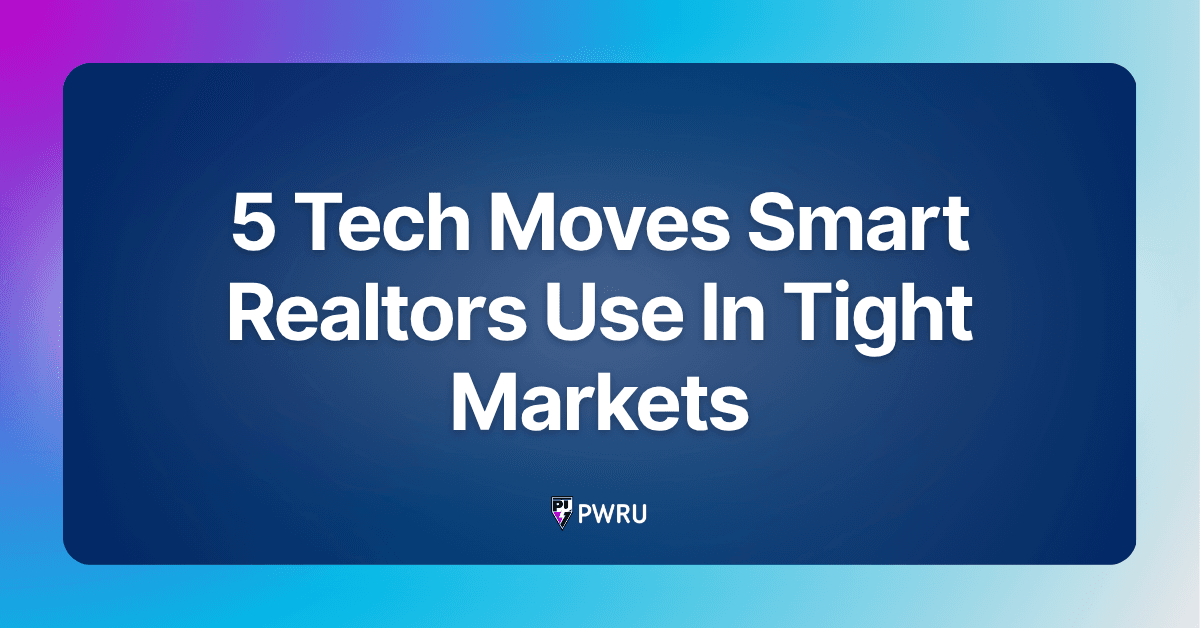
The daily commute is dying, and it’s taking traditional real estate values with it.
We’ve watched this transformation accelerate over the past few years, turning established market patterns upside down and creating entirely new opportunities for forward-thinking real estate professionals. The rise of the gig economy isn’t just changing how people work—it’s fundamentally reshaping where they live and what properties they value.
And smart agents are already capitalizing on this shift.
The New Geography of Value
When workers cut the cord from traditional offices, everything changes. The radius of desirable housing expands dramatically. Suddenly, that charming town three hours from the city becomes not just viable but attractive.
We’re seeing home values surge in previously overlooked markets while some traditional urban centers struggle to maintain their premium. The math is simple: when proximity to a downtown office no longer matters, buyers redirect their focus to affordability, space, and quality of life.
Look at markets like Boise, Austin, and Greenville. They’ve experienced explosive growth not because of new jobs physically located there, but because remote workers can now bring their high-paying jobs with them.
The Home Office Is Non-Negotiable
The features that sell homes have transformed overnight. Properties with dedicated workspace, strong internet connectivity, and room to breathe now command significant premiums.
Meanwhile, the small downtown condo with minimal space but a short commute? Its value proposition has weakened considerably.
This isn’t speculation. We’re seeing it in the numbers. Homes with dedicated office space now sell up to 9% faster than comparable properties without them. Five years ago, home offices barely registered in listing descriptions.
Outdoor space has become equally critical. When home becomes both living and working space, that backyard, balcony or nearby park transforms from a nice-to-have into a necessity.
Commercial Real Estate’s Identity Crisis
The commercial sector faces even more dramatic disruption. Traditional office space demand has plummeted in many markets, while flexible, amenity-rich workspaces are thriving.
The winners? Properties that can adapt quickly. We’re watching industrial spaces convert to mixed-use developments, defunct shopping malls transform into community hubs with residential components, and suburban office parks reinvent themselves as flexible work centers.
The losers? Dated office towers with long-term leases but little adaptability.
The Secondary Market Renaissance
Perhaps the most fascinating shift is happening in secondary and tertiary markets. Cities like Chattanooga, Bend, and Asheville are experiencing unprecedented growth as gig workers prioritize lifestyle over location.
These communities offer the perfect blend: affordability, amenities, outdoor recreation, and enough infrastructure to support remote work. The pandemic didn’t create this trend—it accelerated what was already happening.
For real estate agents operating in these markets, the opportunity is enormous. But capitalizing requires understanding what these new residents value.
What This Means For Real Estate Professionals
Successful agents must adapt to this new reality or risk irrelevance. The old playbook—focusing exclusively on local employment growth, school districts, and commute times—is incomplete at best.
Today’s winning agents understand that property value increasingly derives from factors like:
• Internet infrastructure and reliability
• Flexibility of space and potential for home offices
• Access to outdoor recreation and natural amenities
• Community feel and lifestyle alignment
• Proximity to conveniences, not necessarily to employment
Marketing materials need to evolve accordingly. Smart agents now highlight high-speed internet availability, dedicated workspace potential, and quality of life factors in every listing.
The Investment Landscape
For investors, these shifts create both opportunity and risk. Commercial properties need creative repositioning strategies. Residential investors should look beyond traditional metrics when evaluating markets.
The gig economy hasn’t just changed where people work—it’s changed how they value property and community. Investors who recognize this shift early stand to benefit enormously.
We’re not saying cities are dead or that offices will disappear entirely. The reality is more nuanced. But the distribution of real estate value has fundamentally changed, likely permanently.
Embracing the New Reality
At Power Unit Coaching, we’re helping agents understand and capitalize on these shifts. The real estate professionals who thrive won’t be those who wait for things to “return to normal”—they’ll be the ones who recognize that a new normal has already arrived.
The winners in this transformed market will be agents who understand that success isn’t about location alone anymore—it’s about lifestyle compatibility and work flexibility.
The gig economy hasn’t just changed how Americans work. It’s rewritten the rules of real estate value across the entire country.
And there’s no going back.





